South Carolina's legal landscape for sexual abuse cases has evolved significantly due to the efforts of sexual abuse attorneys. Historically lenient laws and cultural barriers have been replaced by stringent victim protections and increased accountability for offenders through strategic litigation. Landmark cases like State v. Brown (2015) and Doe v. University of South Carolina (2018) have extended statute of limitations and held institutions accountable, fostering a culture of sensitivity. Sexual abuse attorneys in South Carolina play a vital role in securing justice for victims by specializing in handling sensitive cases, challenging evidence, and navigating legal complexities.
In South Carolina, landmark sexual abuse cases have significantly shaped legal protections for victims. This article explores the state’s legal landscape through a historical overview, highlighting key sexual abuse attorney victories that defended rights and led to crucial key rulings. From raising public awareness to driving policy changes, these cases continue to influence how sexual abuse attorneys in South Carolina represent survivors today. Discover the evolution of laws surrounding sexual assault and the enduring impact on victim advocacy.
Historical Overview: South Carolina's Legal Landscape
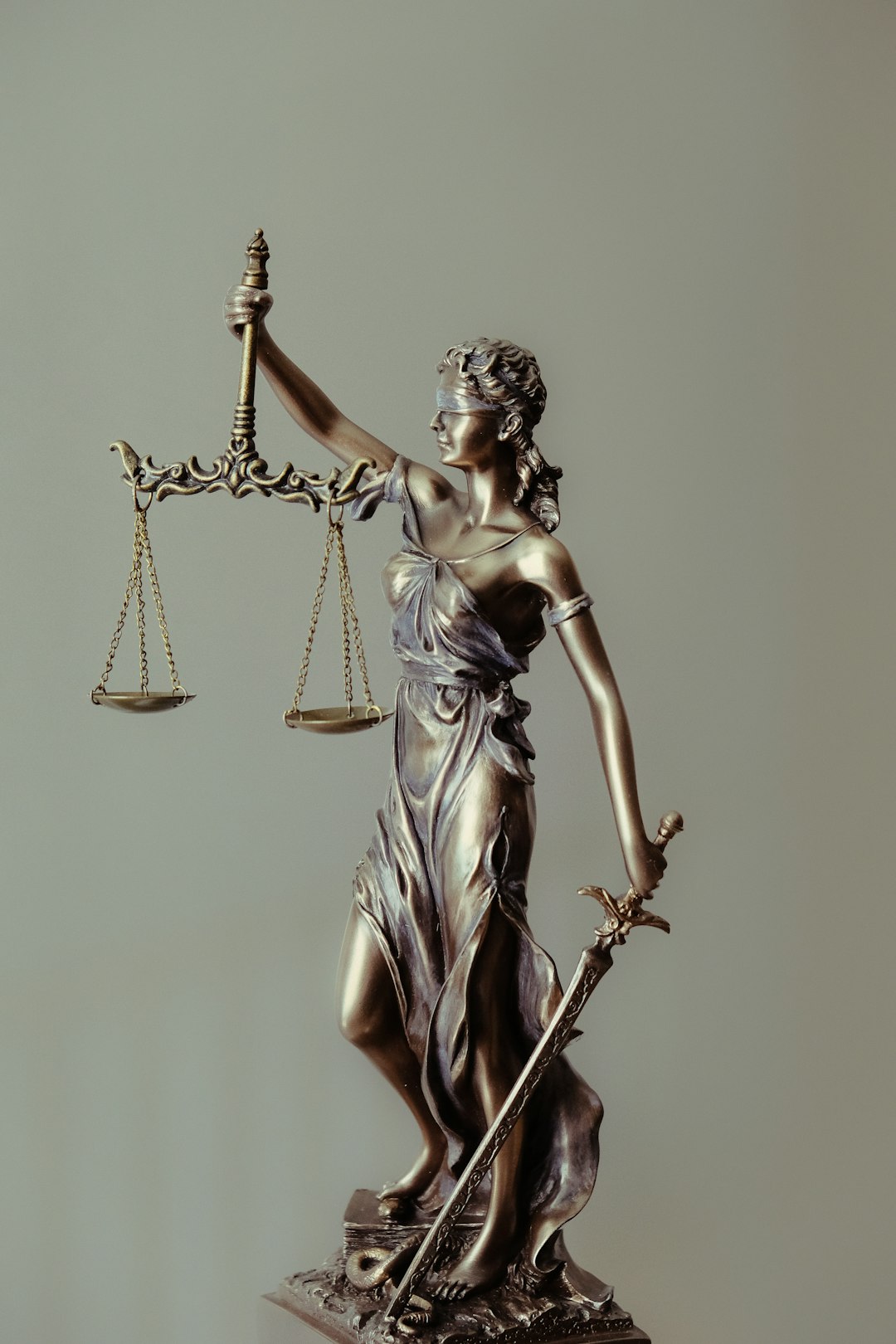
South Carolina’s legal landscape regarding sexual abuse cases has evolved significantly over time, shaped by landmark trials and changing societal attitudes. Historically, the state’s laws were often sympathetic to accused individuals, reflecting a cultural reluctance to confront and prosecute sexual assault. This shifted dramatically with the increasing awareness and advocacy for victims’ rights starting in the late 20th century.
The efforts of sexual abuse attorneys in South Carolina played a pivotal role in this transformation. Their relentless pursuit of justice led to crucial legal precedents that not only strengthened victim protections but also held perpetrators accountable. These developments have ensured that survivors of sexual abuse in South Carolina now enjoy a more robust legal framework, providing them with the support and avenues for closure they deserve.
Landmark Cases: Defending Victims' Rights
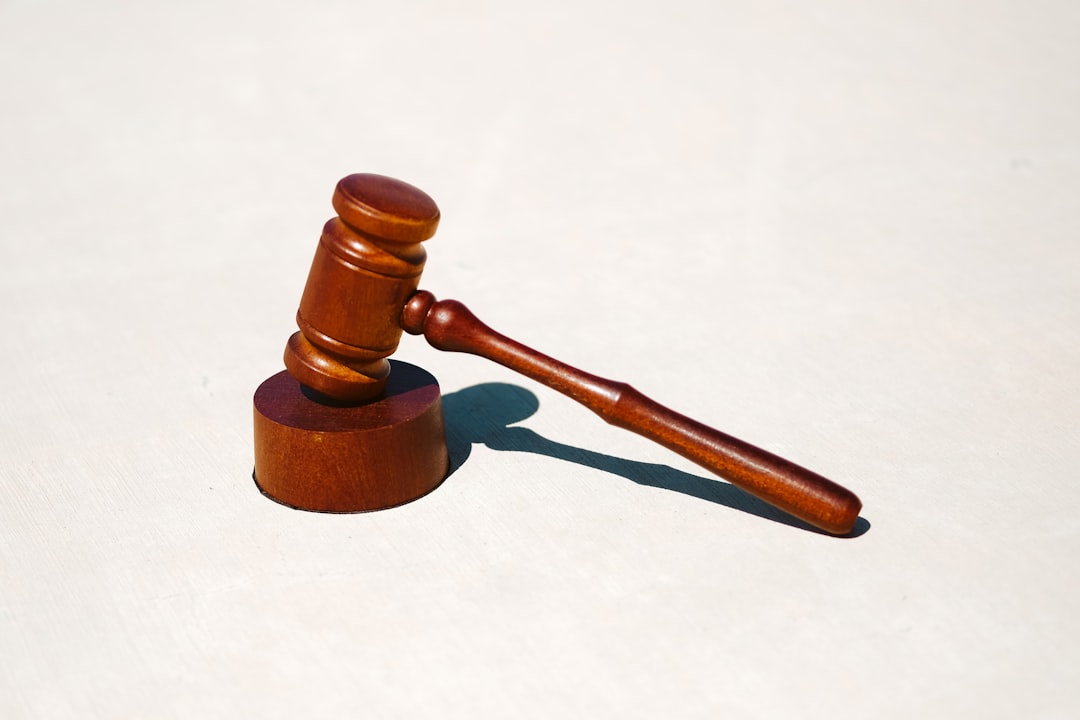
In the fight for justice and to protect victims’ rights, several landmark sexual abuse cases have significantly shaped the legal landscape in South Carolina. These high-profile cases, led by dedicated sexual abuse attorneys South Carolina, have not only brought attention to the prevalence of such crimes but also strengthened laws to combat them. By advocating for survivors, these legal victories have established important precedents, ensuring that victims are heard and received the justice they deserve.
Through strategic litigation, South Carolina’s sexual abuse attorneys have played a pivotal role in expanding rights for victims, especially in cases involving children. These landmark decisions have resulted in stricter penalties for offenders, enhanced protective orders, and improved access to resources for those affected by sexual abuse. As a result, the state has witnessed a more robust legal framework that holds perpetrators accountable while offering much-needed support to survivors.
Key Rulings: Shaping Sexual Abuse Laws
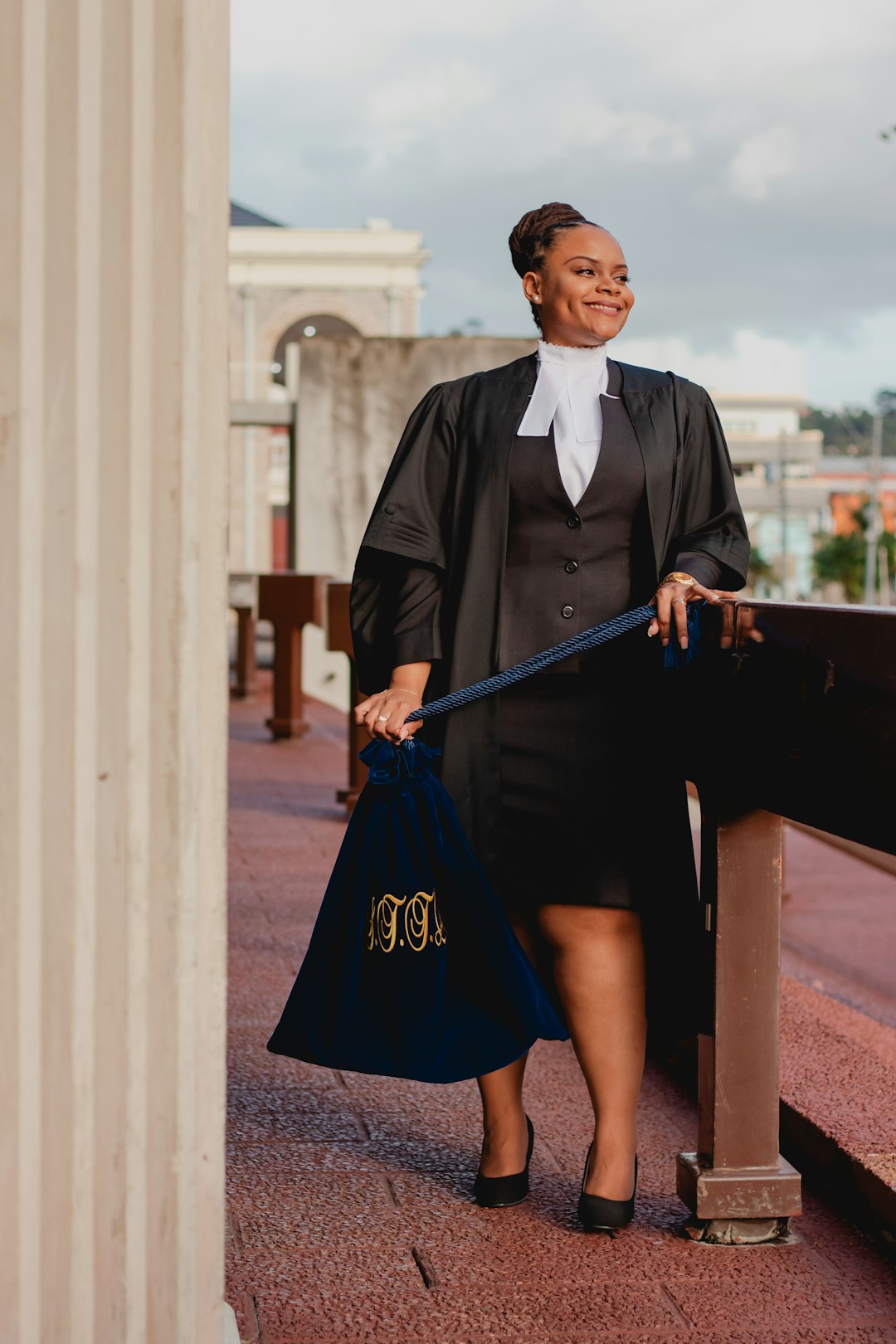
In the journey toward justice and improved legal protections, several landmark cases have played a pivotal role in shaping sexual abuse laws in South Carolina. These key rulings have not only brought attention to the severity of such crimes but also motivated legislative changes. One notable example is State v. Brown (2015), where the South Carolina Supreme Court ruled that the statute of limitations for sexual assault should be extended, ensuring victims have a longer period to seek justice. This decision marked a significant victory for sexual abuse attorneys in South Carolina, as it expanded the window for potential cases and empowered survivors to come forward.
Furthermore, the case Doe v. University of South Carolina (2018) shed light on institutional responsibility. The court found that educational institutions must be held accountable for failing to protect students from sexual assault, setting a precedent for improved campus safety protocols. These rulings have since influenced legal strategies for sexual abuse attorneys across the state, who now advocate for stronger legislation and increased accountability, ensuring better protection for victims and more comprehensive justice in South Carolina.
Public Awareness and Policy Changes
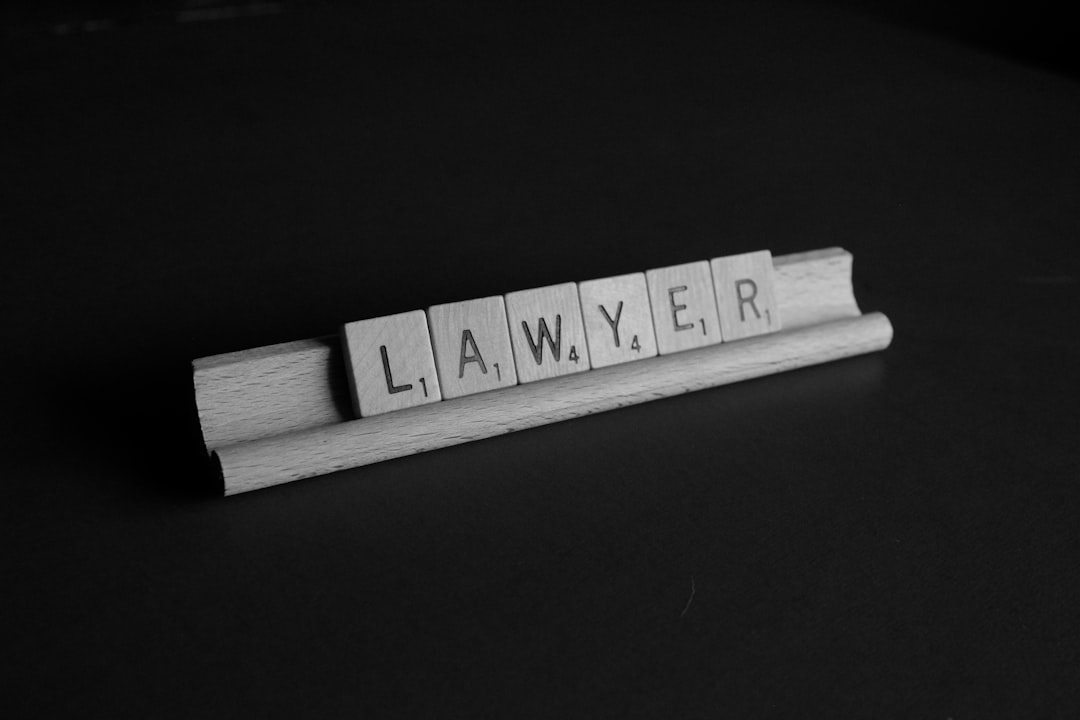
The landmark sexual abuse cases in South Carolina have significantly contributed to raising public awareness about this sensitive issue. These cases, often involving complex legal strategies led by experienced sexual abuse attorneys in South Carolina, have brought to light the need for stringent policies and protections for victims. As a result, the state has witnessed substantial policy changes aimed at preventing sexual abuse and ensuring better support for survivors.
The increased public awareness has led to stricter laws against sexual predators, enhanced training for law enforcement officers, and the establishment of specialized programs to assist victims. These efforts have not only strengthened the legal framework but also fostered a culture of sensitivity and accountability, making it easier for survivors to come forward and seek justice with the help of dedicated sexual abuse attorneys in South Carolina.
The Role of Sexual Abuse Attorneys Today
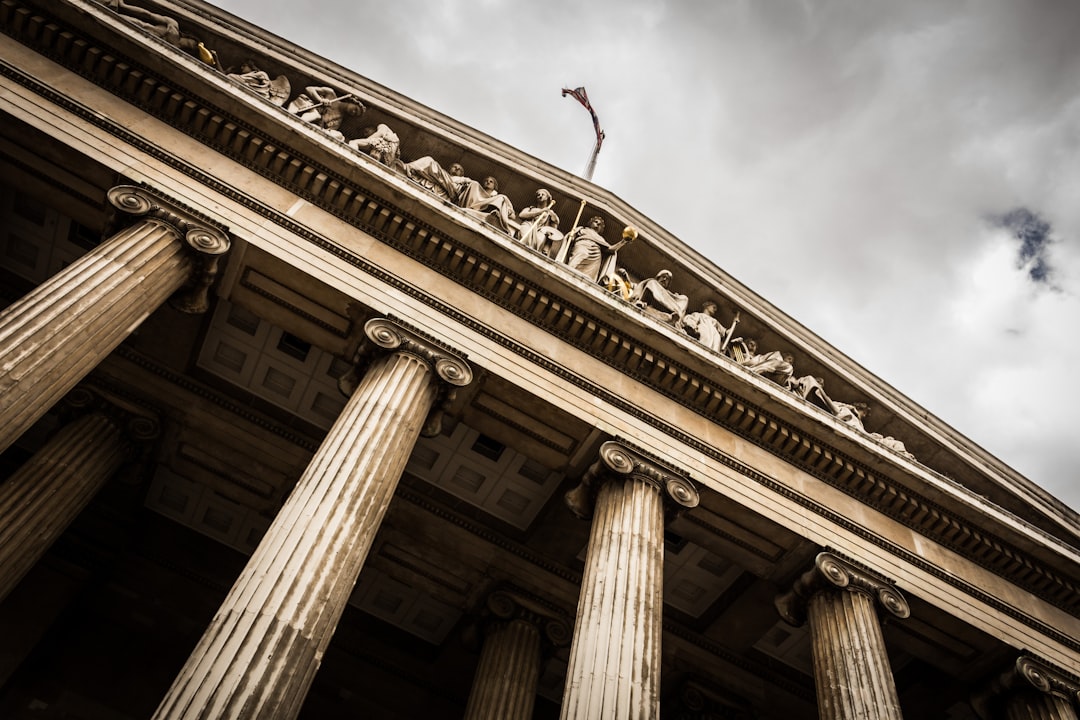
In the fight against sexual abuse and exploitation, Sexual Abuse Attorneys in South Carolina play a pivotal role. Their expertise is crucial in navigating complex legal landscapes to ensure justice for victims. These attorneys specialize in handling sensitive cases involving assaults, harassment, and other forms of sexual misconduct, providing vital support and representation.
Today, Sexual Abuse Attorneys in South Carolina are equipped with the knowledge and skills to challenge evidence, question witnesses, and navigate state laws to secure favorable outcomes. Their efforts have significantly contributed to shaping legal precedents, raising awareness about survivor rights, and fostering a culture that does not tolerate sexual abuse. They empower victims to speak out, offering them a voice in the justice system and helping to prevent future instances of trauma.



